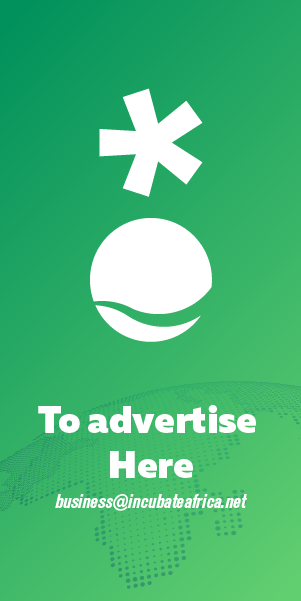CcHUB & European partners secure over 1.5M Euros to develop STEM Online Laboratories.

Co-creation Hub (CcHUB), Nigeria’s leading social innovation centre through its EdTech practice (re: learn) partners with 7 European and African countries to improve students’ participation in STEM subjects across Africa.
GO-GA (Go-Lab Goes Africa) is a European Commission funded collaboration project under the Horizon 2020 Research and Innovation Funding Scheme. GO-GA’s overall purpose is to accelerate the adoption of richer learning environments and improved learning outcomes in science and technology, through the deployment of contextually engaging digital Science Technology Engineering and Mathematics (STEM) in secondary schools across Africa. GO-GA will create an outreach for, and adapt the successful Go-Lab Ecosystem (consisting of www.golabz.eu and www.graasp.eu) to the needs of teachers and students in Nigeria, Kenya, and the Republic of Benin, with built-in plans to scale across Africa.
Go-Lab is a leading portal with carefully curated and tested content on science and technology for secondary schools supported by a strong community of teachers, instructors and online laboratories. Go-Lab (Global Online Science Labs for Inquiry Learning at School) opens up online science laboratories (remote and virtual labs) for the large-scale use in school education, encouraging young people aged from 13-18 to engage in science and engineering disciplines, acquire scientific inquiry skills, and experience the culture of doing science by undertaking active guided experimentation.
“Despite the growing availability of technology resources in schools, there remains a disconnect between resources available and impact achieved, with reviews generally showing that input-based policies on their own are largely ineffective in increasing learning outcomes in the absence of complementary initiatives to improve accountability or pedagogy,” says ‘Bosun Tijani, CEO, CcHUB. This can be linked to a lack of appropriate and engaging content to stimulate learning in STEM subjects, as well as appropriate know-how on the part of teachers.
“It is therefore important that we shift the focus of our education systems from primarily input-based policy towards policies that focus on learning outcomes and this is what has got us excited about GO-GA.” He further states.
The GO-GA project beginning in January 2018, will address these challenges by adapting the Go-Lab ecosystem in schools across Africa. By adapting and localizing the existing Go-Lab portal, GO-GA will make available rich and engaging STEM content for students in secondary schools. This will be achieved by building on Teacher Communities, via the GO-GA inquiry spaces, further equipping teachers to deliver top-quality, engaging STEM education. This will involve the adaptation and localization of the existing Go-Lab platforms to suit the realities of African schools.
“The international dimension of the European Commission funded Horizon 2020 programme supports innovation excellence and industrial competitiveness through collaboration between the best minds of Europe and partner countries all over the world. In that context, GO-GA will promote the mutual interests of EU and African partners by ensuring the global reach and adoption of an essential education technology development and market innovation. We are very excited by the prospects of the project!” Says Célia Gavaud Coordinator of GO-GA.
GO-GA will be implemented by a consortium of reputable European and African partners in technology, education and teacher training networks across Africa. They include; École Polytechnique Fédérale de Lausanne (EPFL), (Switzerland), University of Twente, UT (Netherlands), NUCLIO – Núcleo Interactivo de Astronomia (Portugal), IMC Information Multimedia Communication AG (Germany), MITO Technology (Italy), ELimu Elearning Company Limited (Kenya) and EtriLabs (Benin Republic) with CcHUB’s re:learn providing technical leadership.
The consortium will collaborate to adapt, validate, pilot and scale a contextually relevant portal across Africa to accelerate the creation of richer learning environments and outcomes. The project will also work with existing teacher training organisations and networks to create an “Educator’s Network” comprising of well-trained champions (Master Teachers) who not only deploy the materials in schools but also contribute to the creation of additional content and practices and mentor other teachers.











